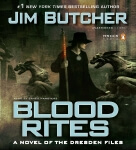
 The SFFaudio Podcast #436 – Jesse, Paul Weimer, Bryan Alexander, and Maissa Bessada talk about When Worlds Collide by Edwin Balmer and Philip Wylie
The SFFaudio Podcast #436 – Jesse, Paul Weimer, Bryan Alexander, and Maissa Bessada talk about When Worlds Collide by Edwin Balmer and Philip Wylie
Talked about on today’s show:
1933, Ira Levin, Gladiator, the first superhero novel, Odd John by Olaf Stapledon, Superman, fleeing a dead world, the sequel: After Worlds Collide, the illustrations in The Passing Show (magazine) serialization, not the only ship, Bronson Beta, Blue Book, the very last page (February 1933), “these daring pilgrims”, remake a world, George Pal’s plans for a sequel, Cecil B. DeMille’s plans for a film, Pal’s would pale, the official adaptation is the least good adaptation, that crappy matte shot, Ransdall smooching his girl while flying his aircraft, Guardians Of The Galaxy, his Kryptonian origin story, spinoffs, Flash Gordon, Buck Rogers, football, a religious moment, good birth and breeding, the W.A.S.P., precursors and follow-ups, an amazing book, its hard to gage how big a book it was, the “queen of the pulps”, the premier way of getting (fiction) content to the people, the middle of The Depression, daily life-sucks, the Roosevelt administration, the work programs, making the unemployed work, is it simpler than that?, Arkham House, The Outsider And Others by H.P. Lovecraft, maybe it helps to have something worse in mind, The Star by H.G. Wells, Nemesis by Isaac Asimov, Finis by Frank Lillie Pollock, gravitational waves, earthquakes, cooking the earth (microwave style), a long tradition, The Star by Arthur C. Clarke, biblical collections, A Pail Of Air and The Wanderer by Fritz Leiber, Deluge (1933), S. Fowler Wright, the motif of the destruction of of Fantastic Universe, a thugee-romance plot, Meteor (1979), Sean Connery as an SDI scientist, Armageddon, Independence Day, Twitter, Fred, Deep Impact (1998) started life as a remake of When Worlds Collide, the crowning adaptation of is 2012 (2009), so ridiculous, it knows its stupid, the ‘neutrinos mutated’, Battlefield Earth is Ed Wood with a budget, The Room, Birdemic: Shock and Terror (2010), Lars Von Trier’ Melancholia, Kirsten Dunst and Keifer Sutherland, Forge Of God by Greg Bear, “I have bad news.”, rescued by good aliens, watching the destruction of the Earth, Lucifer’s Hammer, Footfall, fan fiction of themselves, Hammer Of God by Arthur C. Clarke, the evolution of the plot ideas, so heavy, the religious elements, her name is EVE, Joyce, handing out sandwiches, the zillionaire, a plane-load of money, an iconic scene, why 2012 works so well, the Russian billionaire and his family, how ambivalent I feel, the role of government, what made Robert A. Heinlein wrote, super-Ayn Rand-y, The Fountainhead, robust and austere, strange-y, a broken-ness, who is funding this?, everybody is working for free, how do you get truckloads and truckloads to a certain place, economics do matter, everybody is working for free, a new metal, the nice horror tour, where did the fuel come from, if Heinlein were writing it, all in secret, how Maissa saw it, tidal waves, weird side digression, The Last Car Chase (1981), Lee Majors, Steve Austin, two theories, one funny, one dark, nouveau riche, old fortunes, just arranged, shiny upstarts get their comeuppance, steel furnaces, punishing the parvenus, so not democratic, Galt’s Gulch, we know better, the magic metal, our ingenuity, weird sexual purity, part of the old money righteousness, South Africa in 1933, no more lions, rich white guys in South Africa, Chapter 8: Marching Orders For The Human Race, ugly houses, the spawn who inhabited it, pollution, 125th street in New York (Harlem), immigration bans, the Lovecraftian racial horror moment, “God himself had sickened with their selfishness”, squalid horror, the golden age of eugenics, the “Jap”, purifying the race, a giant eugenics exercise, even if a cashless economy you have to trade, Close Encounters Of The Third Kind, a conspiracy, the first episode of The X-Files, the paean to the Vanderbilt family, set in the mid-20th century, his sister went to school with my mother, the elite, should Jesse bring it up?, huh this is a novel for Hillary voters, its the east coast elites, what is everybody’s problem? why can’t they vote for the right person?, WWI, lining up the machine guns and mowing down the plebes, retreating to their spacecraft and cooking the earth of all the people, a fantasy of many people, it is good to escape the death of the Earth, 2012 addresses all the horror vs. Deep Impact (the government is here to save you), the heroes in space, pathos, way to much love with MSNBC, saccharine horror, cynical comedy, the Paris Hilton looking girl, even Oliver Platt (the baddie) is just trying to get shit done, even the billionaire comes off pretty well, really fun, such a page turner, it’s so good (but it doesn’t deserve it), where are all the rats?, back to World War I, the Noah thing, open the doors, the billion dollar ticket, James Cromwell’s character is a whistleblower, the truth needs to come out, secretary of finance, thinking about the economics, the word “Tony”, our hero from every Robert Heinlein story, “Tony, I’m explaining the plot, Tony.” Tony is slang for expensive, what makes it so gripping, the premise, none of the characters are worth caring about, from Deluge to Meteor, a disaster movie without screen stars, the idea is primary, a race, Edwin Balmer was editor of Red Book magazine, they know how to spin a story, Wilkie Collins: make the worry, make them wait, make them weep, Dunkirk (2017), a ticking clock, what’s in the box?, un-bribe-able, doing this story today, how academia doesn’t matter, the professors, a chief scientist at a chemical company, a private observatory, universities as research machines (since WWII), scary politics, in 1933 the USA had unions, the Battle Of Blair Mountain, the lurking socialism, Eugene Debs, labour unrest, Franklin Delano Roosevelt, we’re noble, machine gun them, then burn them, but we’re nice, the same stories are told again and again, choosing who gets to go in the Ark, Tasha Yar gives her baby to Frodo Baggins, black presidents, black Presidents, grounded in individual details, apocalypses are always about escape, an escape from communism, shade thrown on the French and the Germans, the french turn to fascism, planting the French flag for comedic effect, nationalism, labour without labour, race without race, the religious sanction, George Pal’s The War Of The Worlds, the book is big and broad and deep, 44 people and a dog, a dog in 2012 and Independence Day, for they were walking hand-in-hand, a road, the ribbon of it ran right and left, by what hands and for what feet, through Eden took their solitary, a yellow brick road, Tony the guy with no brain, they’re in Oz, the souls of those a hundred million years dead, a Nineveh a Sargon?, the fate of our world, human with bodies like our own?, The Ring, a curse, so tempting, William Blake’s The Tyger, what dread hand and what dread feet, they are the tiger, when the stars threw down their spears, what did the people on this other planet do to be knocked out of their orbit and frozen, how god has graced us with his goodness, us east coast elites, the whole universe , she has a right to my vote, Heinlein can’t be right and Rand can’t be right, it’s just too simple (but its so fun), business and military, more sex and nudeness, the love triangle, oh Tony can’t you understand I can’t make decisions for the future, the other rocket, the other half of the plane in Lost, the setup is so good, one bizarre detail, Chapter 21: Diary, the insulation (books), a first edition of Shelley, a cute idea?, the 2012 movie picks it up, John Cusack’s character, Chewitel Ejifor’s character, Yellowstone, loaded up with the signs of the elites, isn’t it funny that there’s one copy of this books and it just so happens…, in 2012 under a pile beer bottles and bourbon bottles and a copy of Moby Dick, Robert Duvall reads Moby Dick in Deep Impact, ambivalence about lots of things but everybody agrees Moby Dick is terrific, a stand in for god, providing the bees and the books, a distasteful task in the sequel, The Wonder Clock by Howard Pyle, a story about mercy, saving the kids, little moments of mercy, women doing men’s jobs, France, canaries, the radium girls, how women get the vote, when they come for our women, women as possessions, triumph of the patriarchy, the proles are coming for our women, racist and sexist, an atomic rocket in 1932, not even a nuclear reactor has been invented yet, the Chicago Pile, ten years later, Rocketship Galileo by Robert A. Heinlein, space-Nazis, so early!, countdown clocks, a race for everything, side quests, a lot being told, the illustrations, this book feels huge, 150 pages in the serial, complementing content, Eve’s mother gets killed, how quickly the veneer of civilization gets ripped off, Augustine, A Paradise Built in Hell: The Extraordinary Communities That Arise in Disaster Book by Rebecca Solnit, Bronson: the son of a brawny man, the anticipation of total war, U.S. nationalization, Prohibition, beer makers, say nothing bad about the government law, human cogs, price fixes, holding the masses, Oliver Platt’s mom in 2012, Tony’s so angsty about his mom, he wants to kill, the mobilization doesn’t matter, the migration is for nothing, the President and his cabinet in Kansas, the plebeian thing, rules for them, dignified in their way, terrorizing the plebeians, Téa Leoni’s character’s mom and dad in Deep Impact, tons of connections, waiting for the wave to come, Roland Emmerich and Harold Klausner, The High Crusade, The Thirteenth Floor, a schlockmeister of the highest order, the cultural baggage of the legacy of films gets into you whether you’ve seen them or not, you have Casablanca lurking in your cultural DNA, nobody complains we’ve already seen this movie, the end of the world blah blah blah, this novel is at the center, Noah’s Flood, Gilgamesh, wiping out the Earth for 5,000 years.
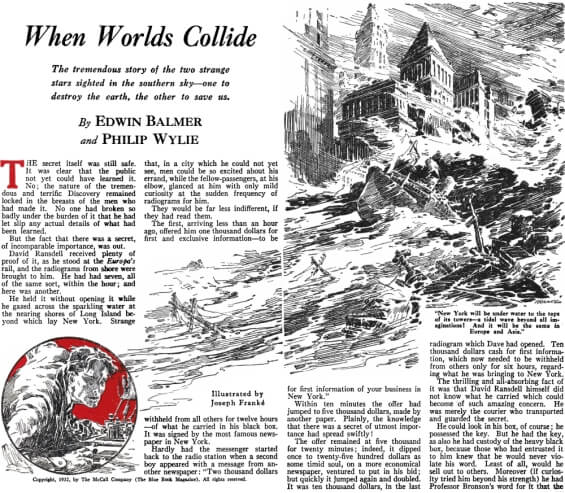

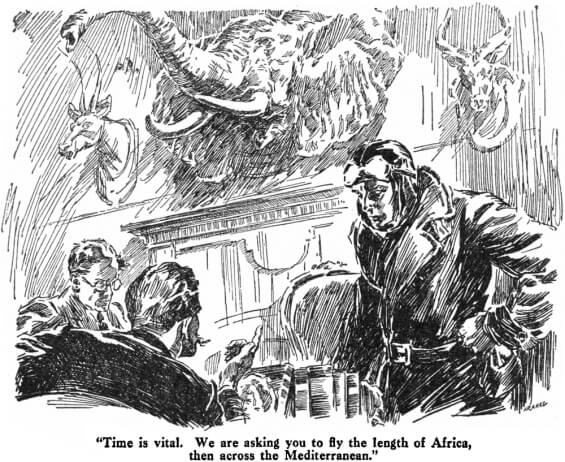
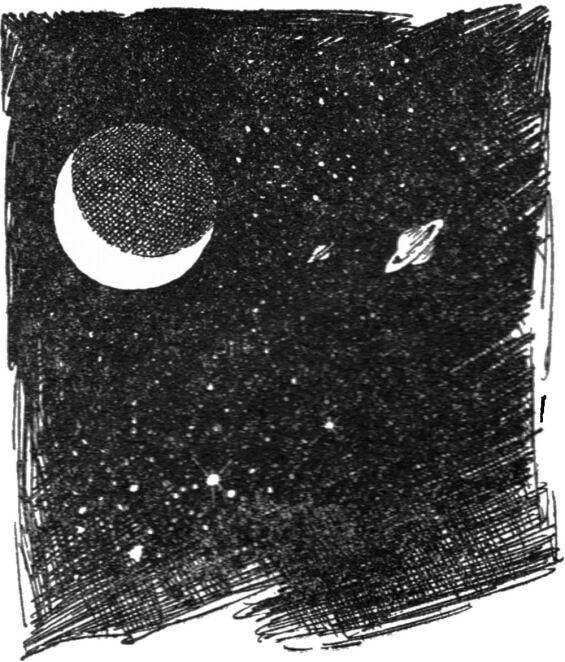
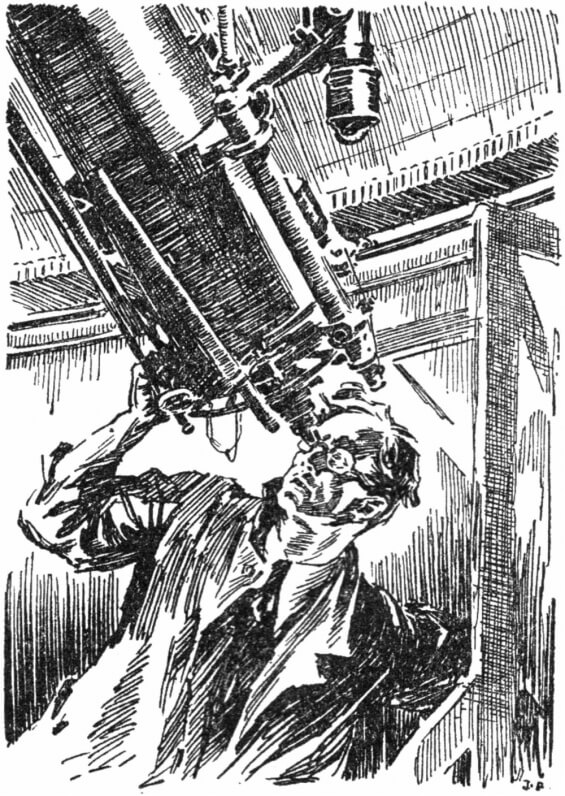
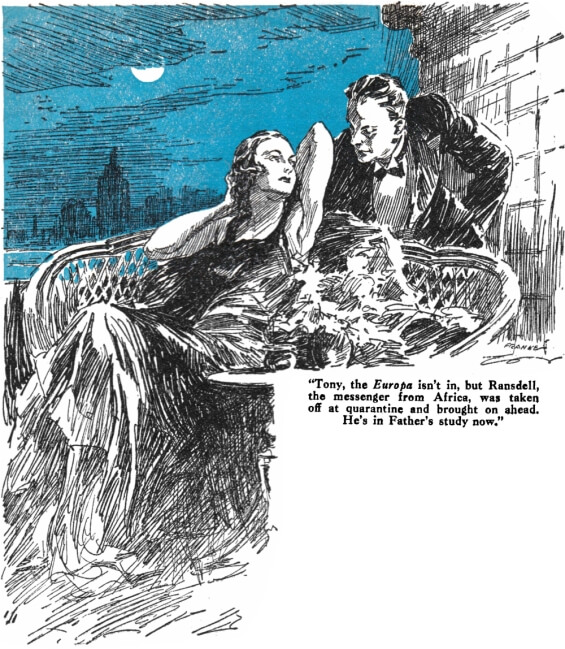
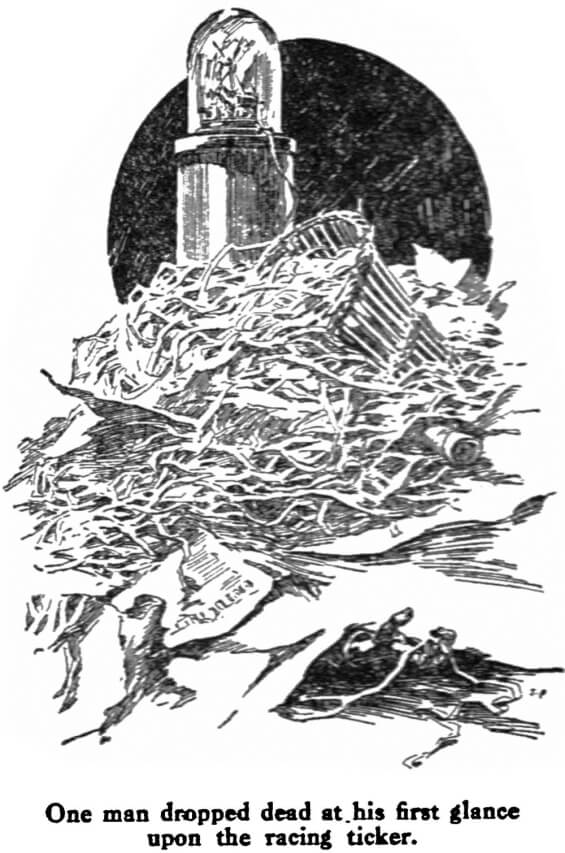
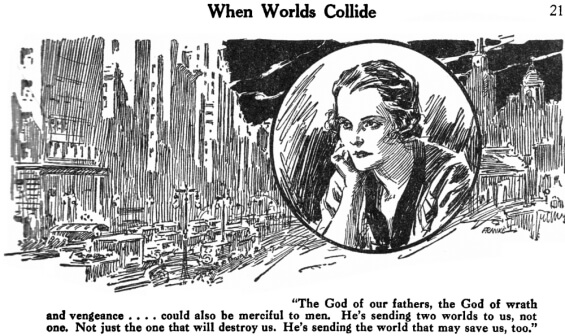
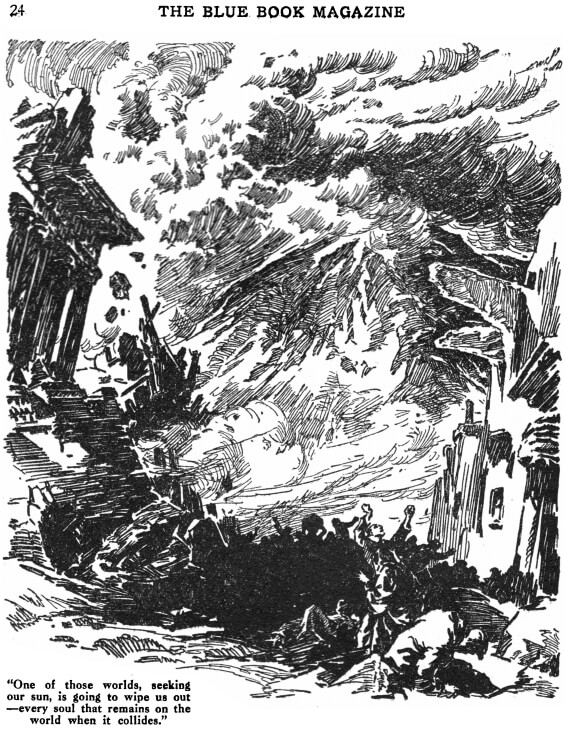
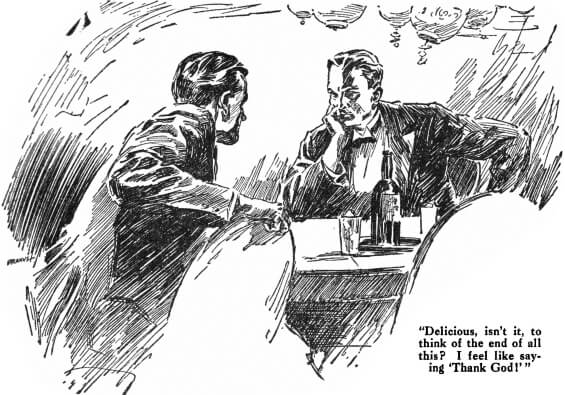
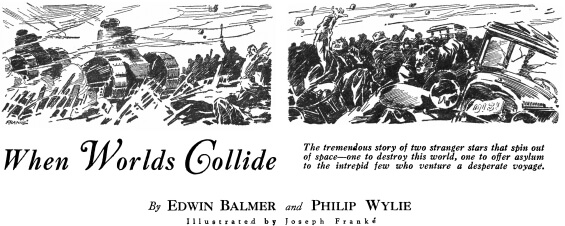
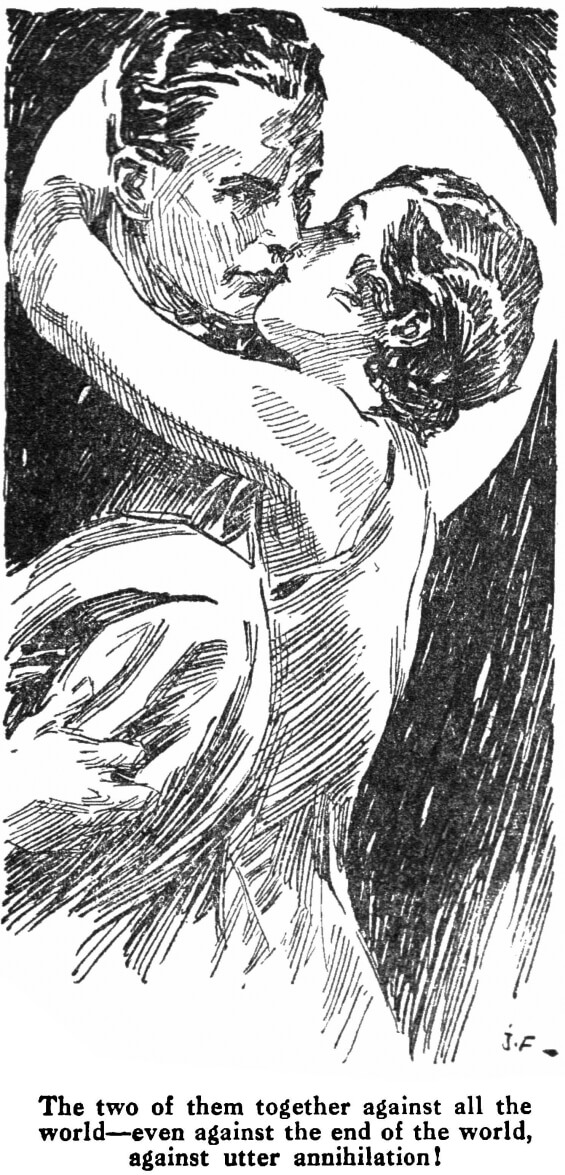
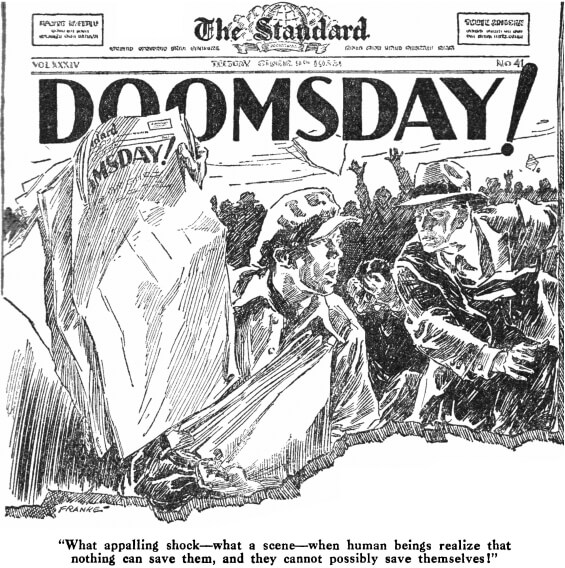
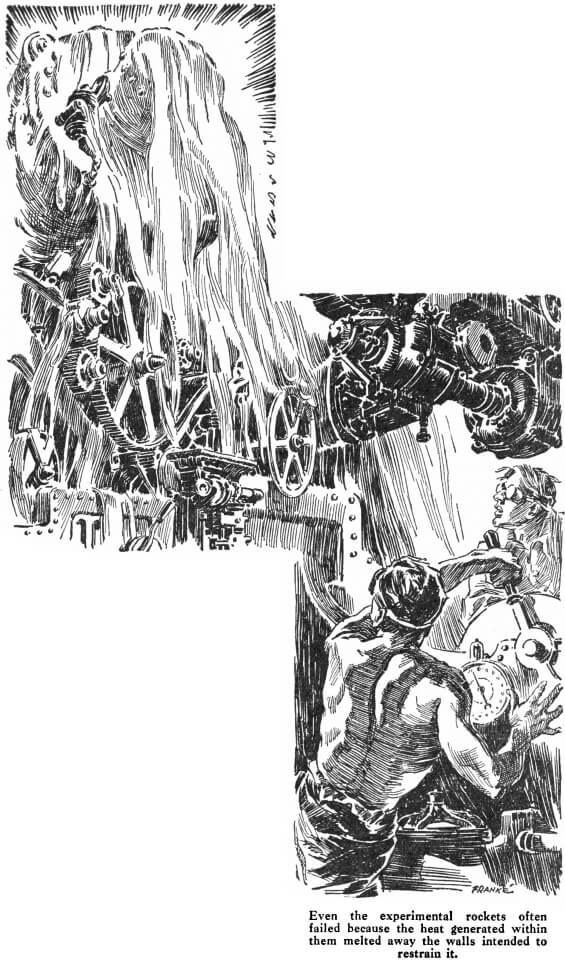
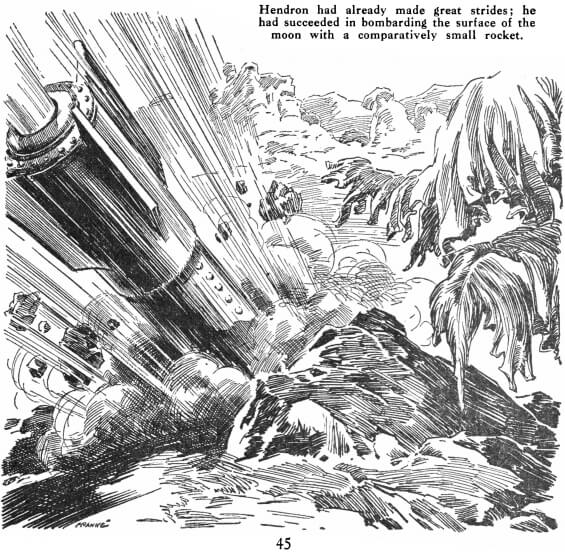
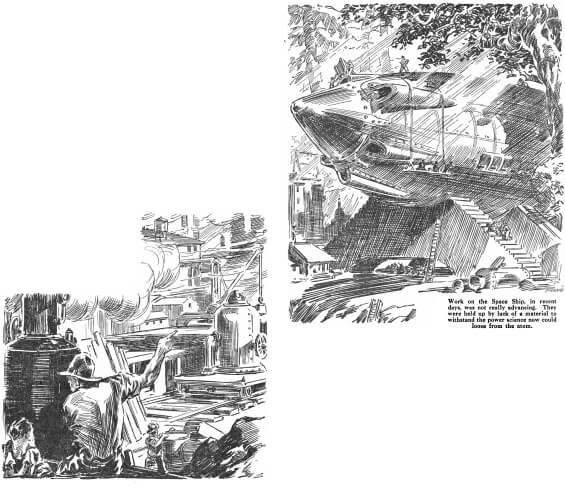
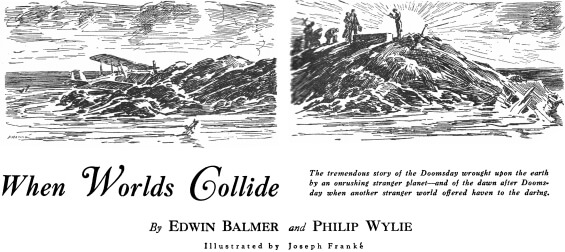
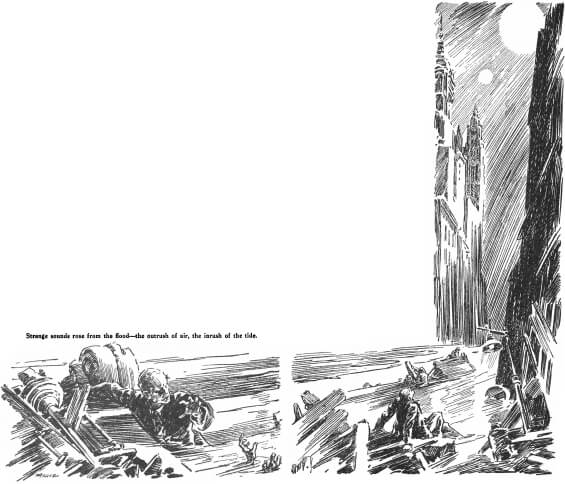
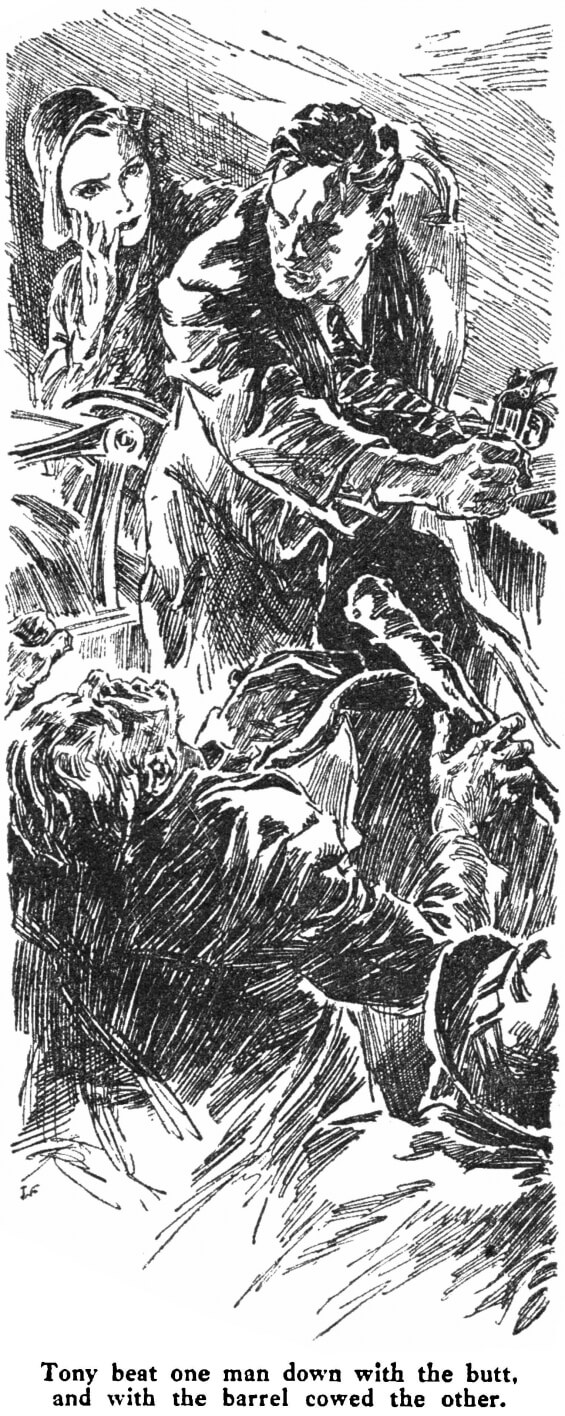
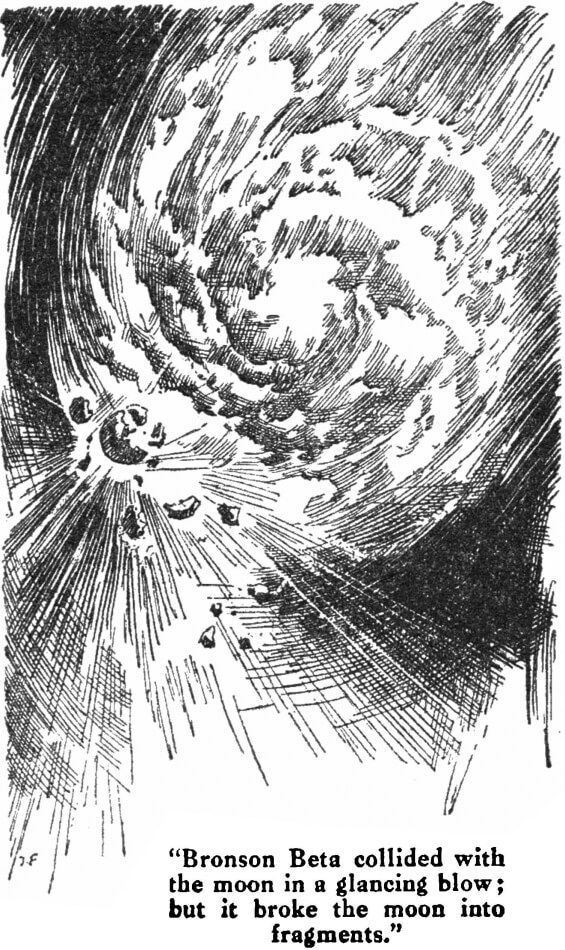
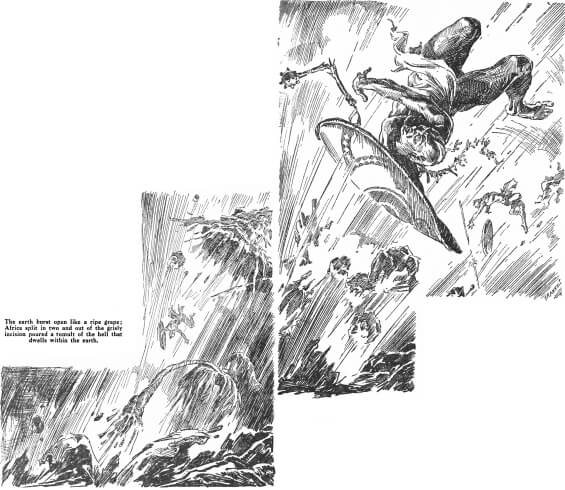
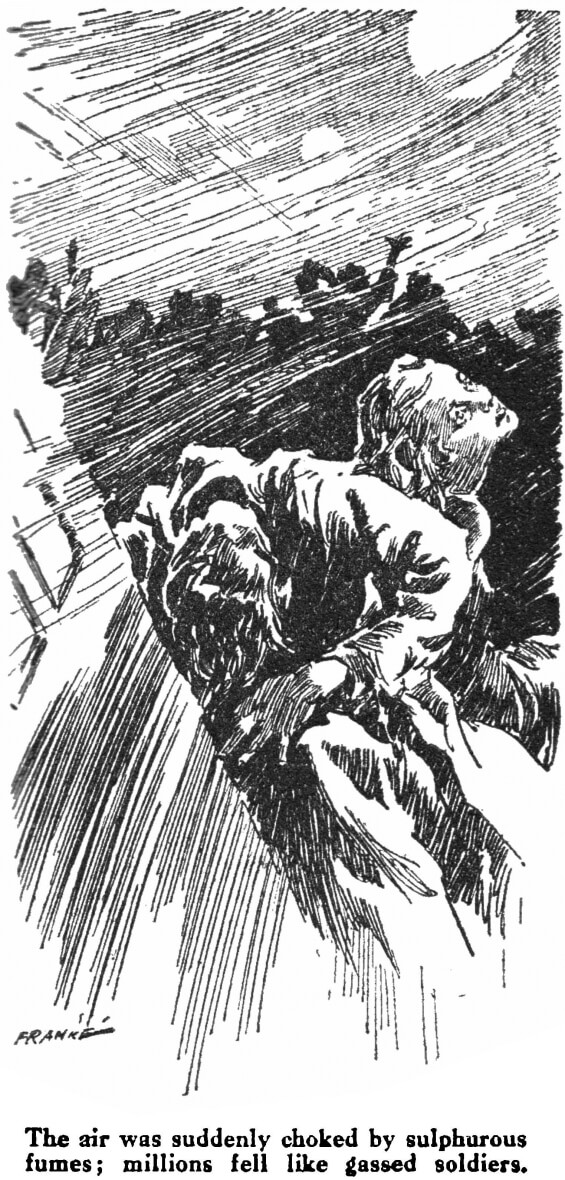
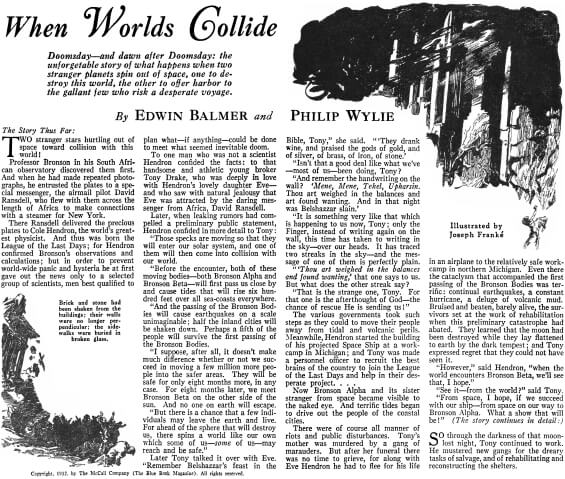
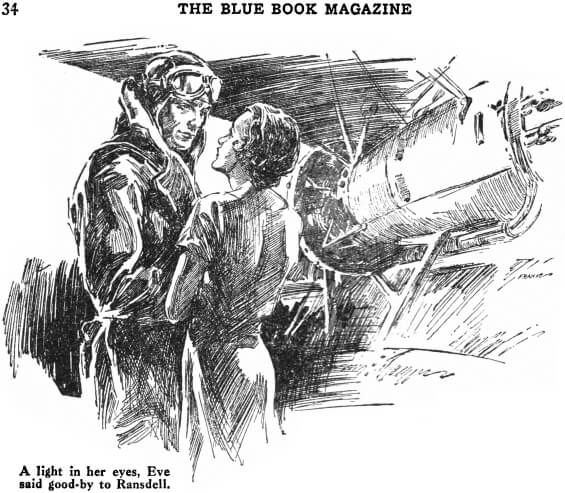
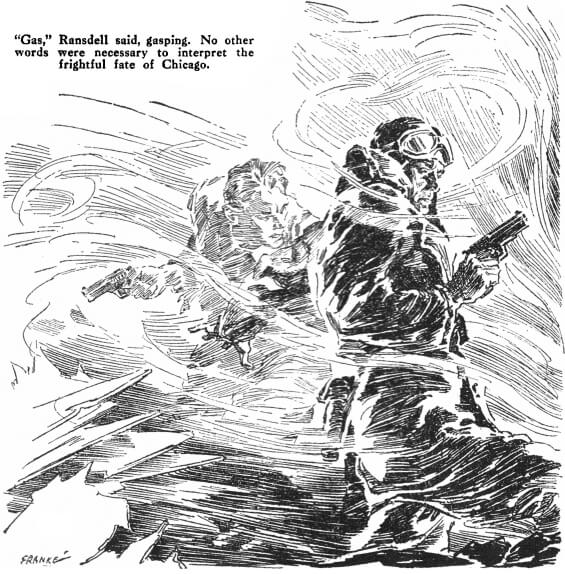
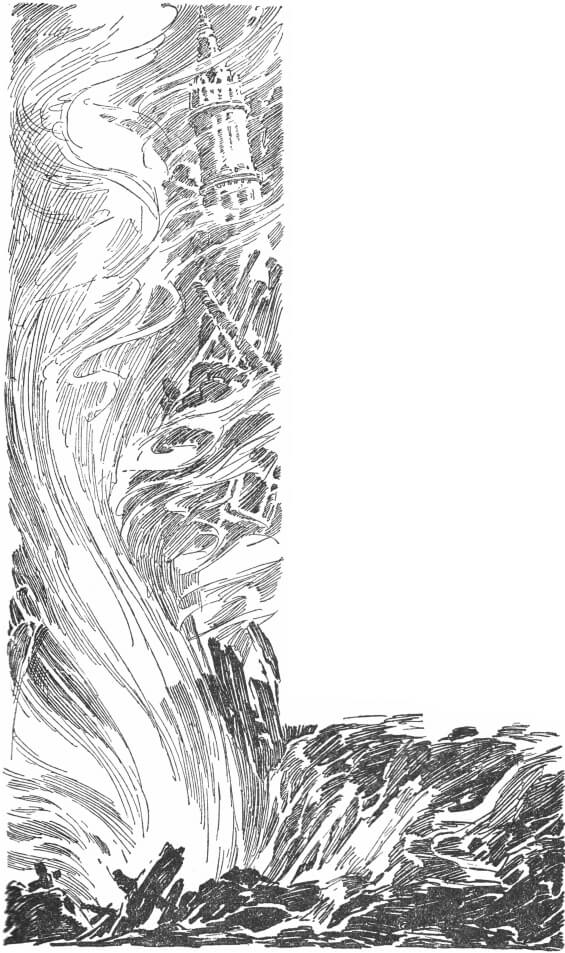
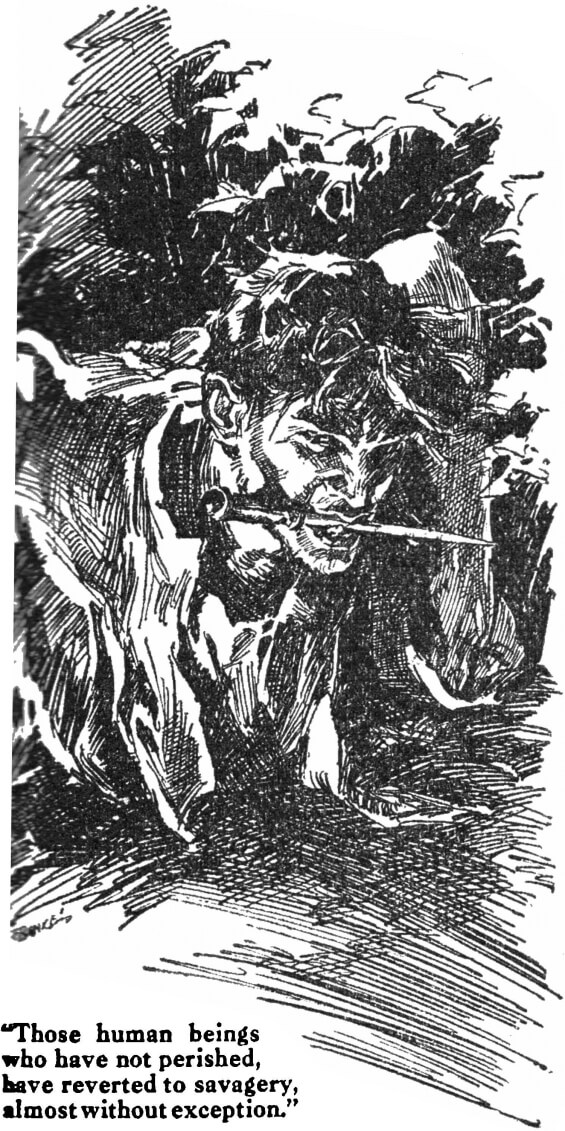

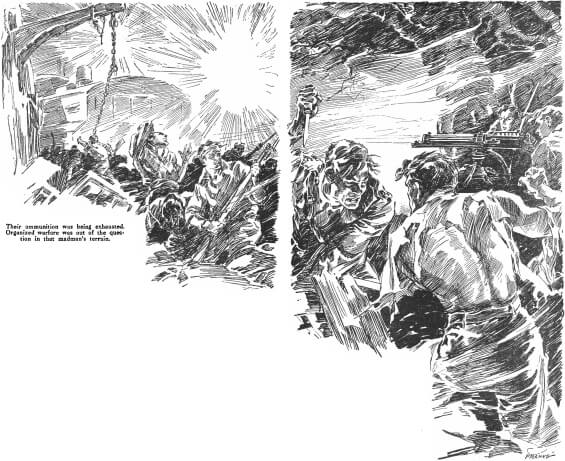
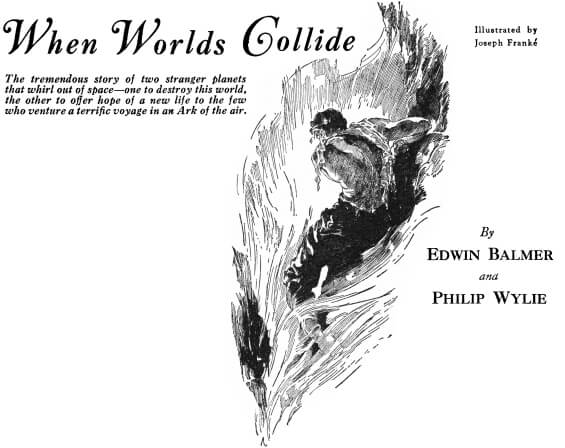
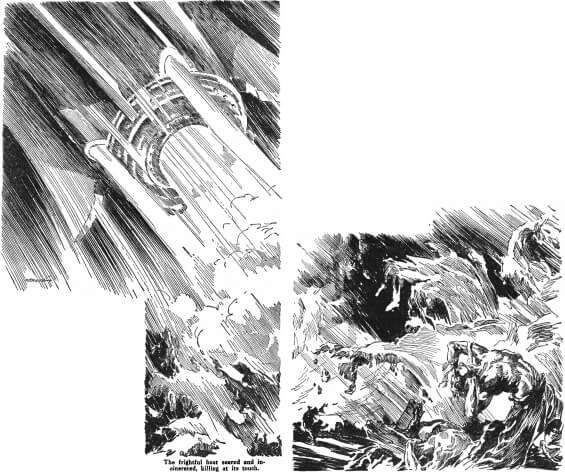
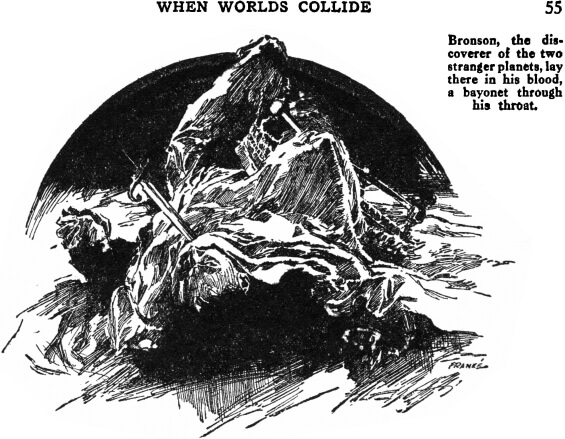
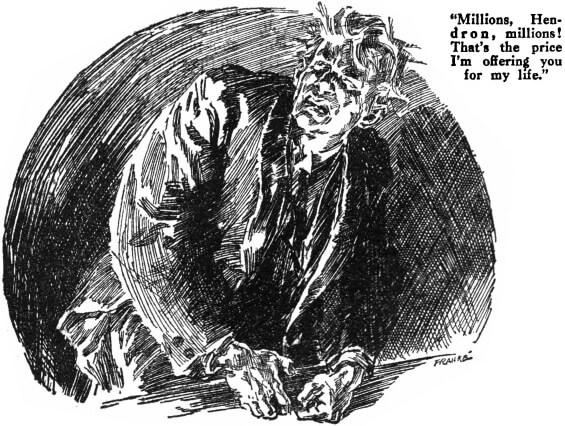
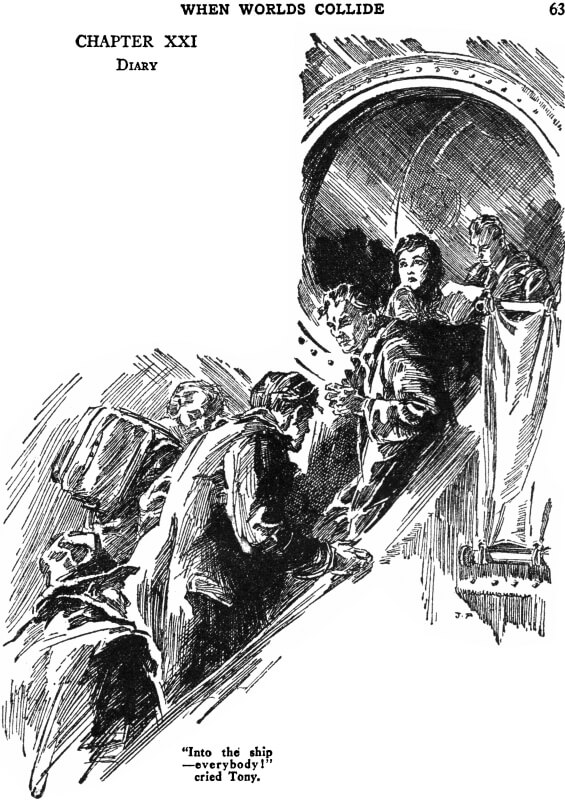
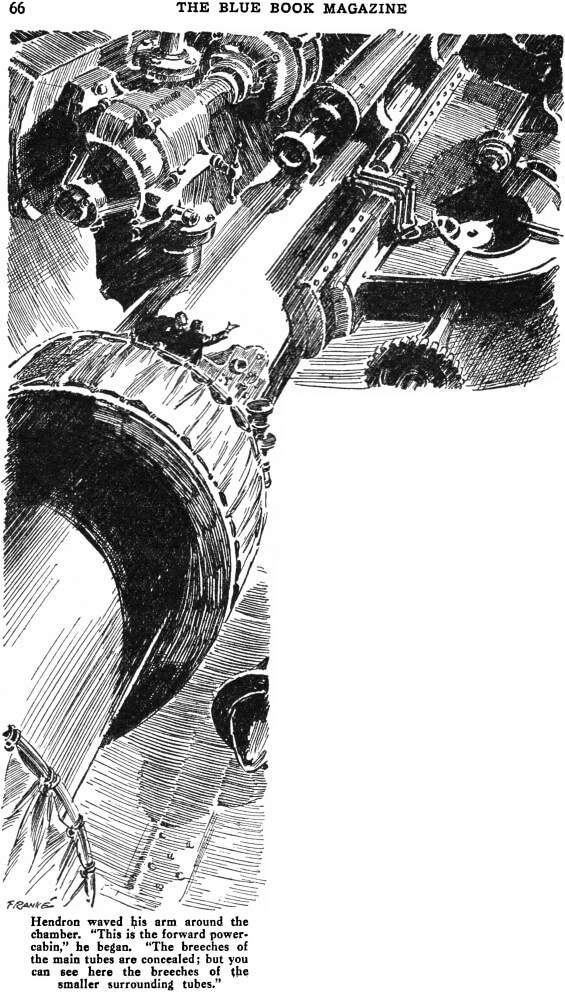
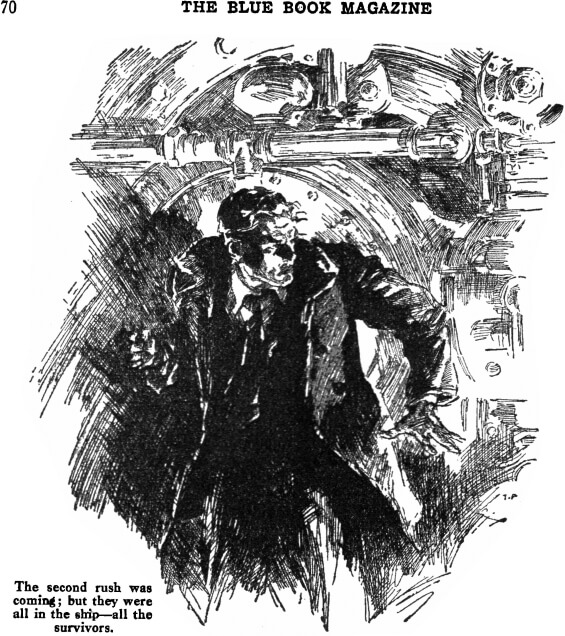
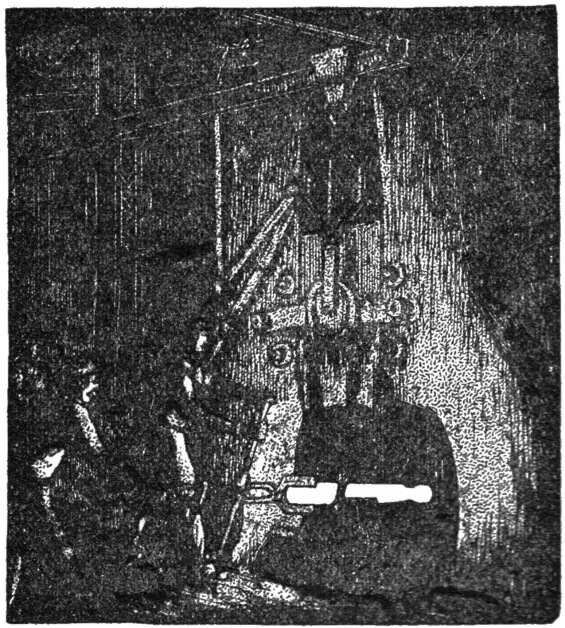
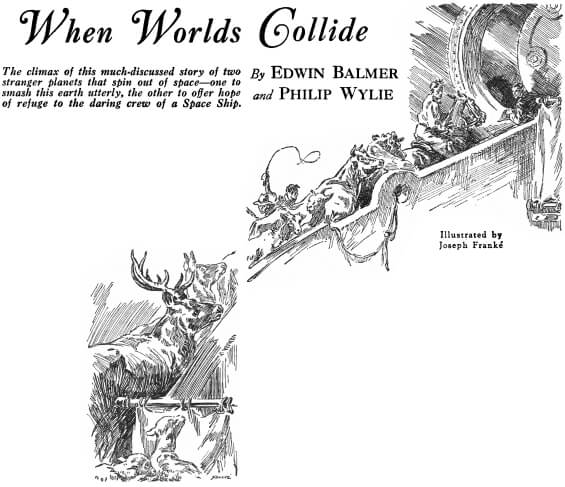
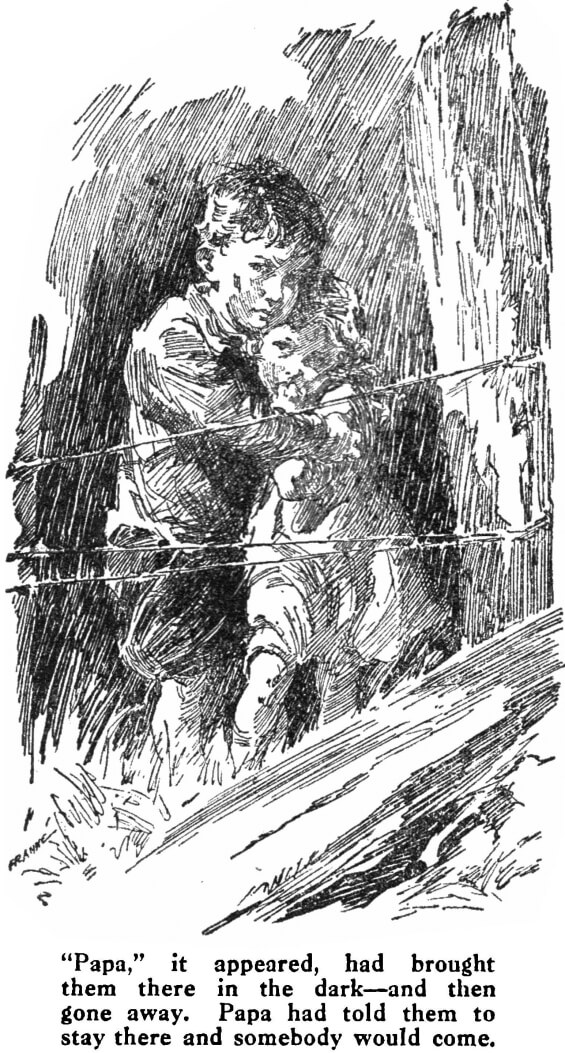
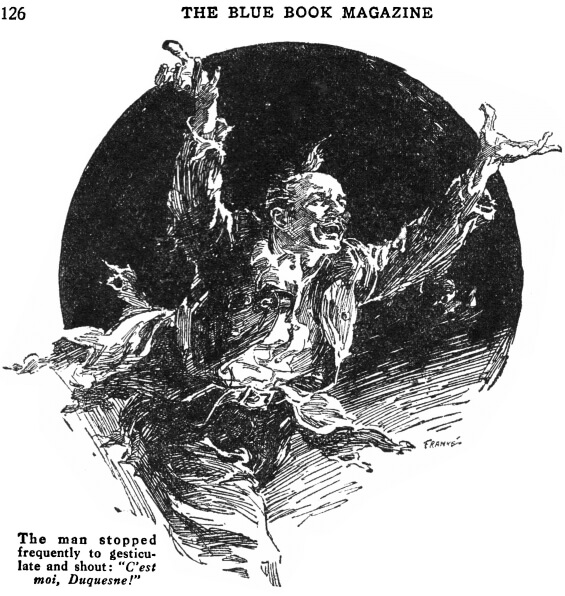
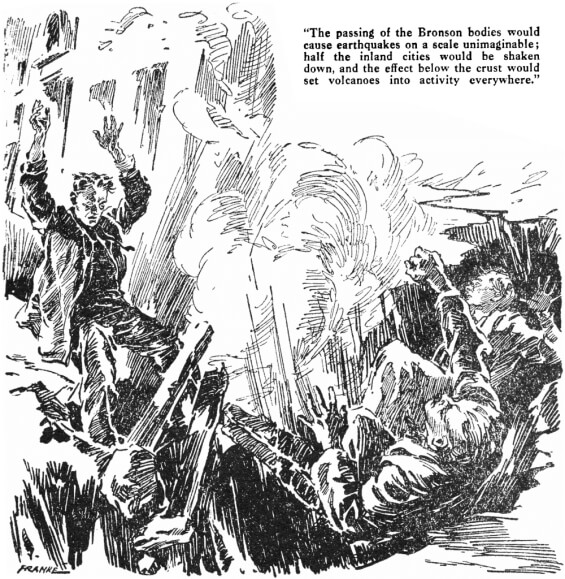
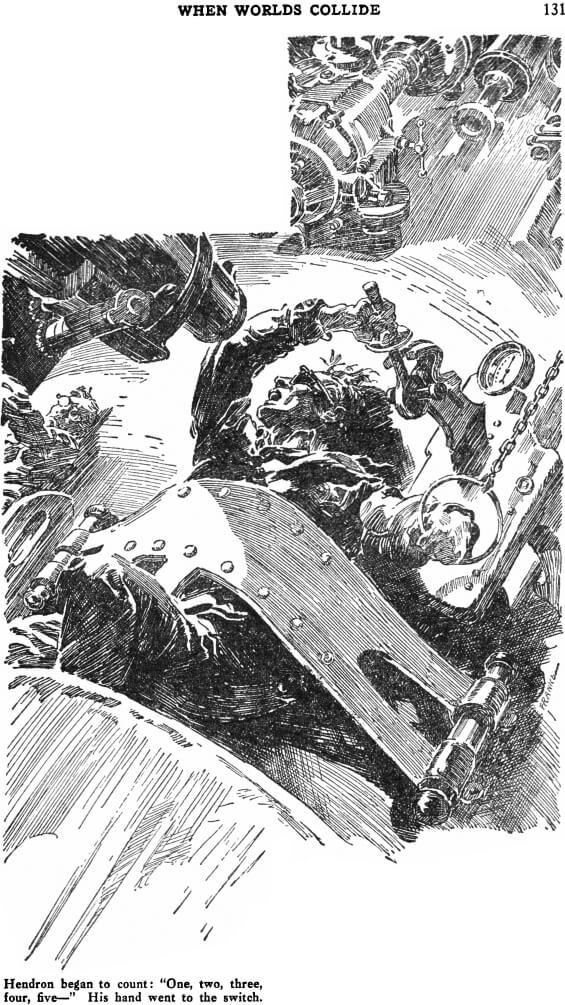
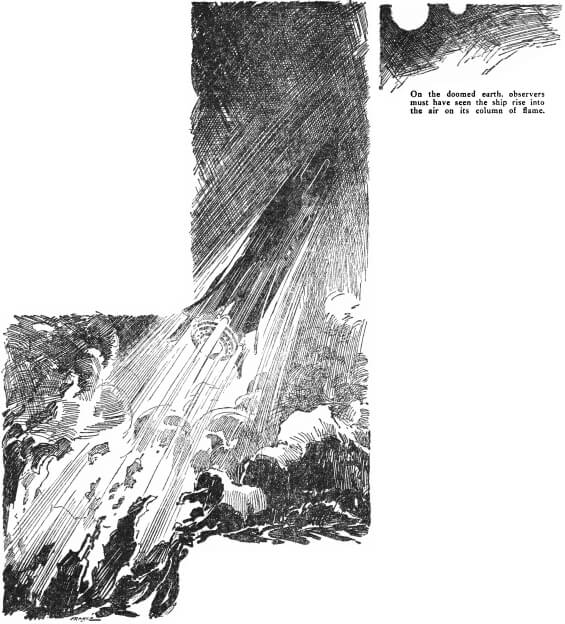
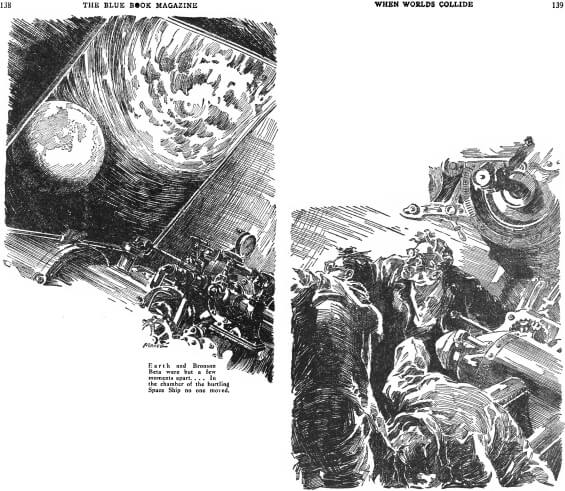
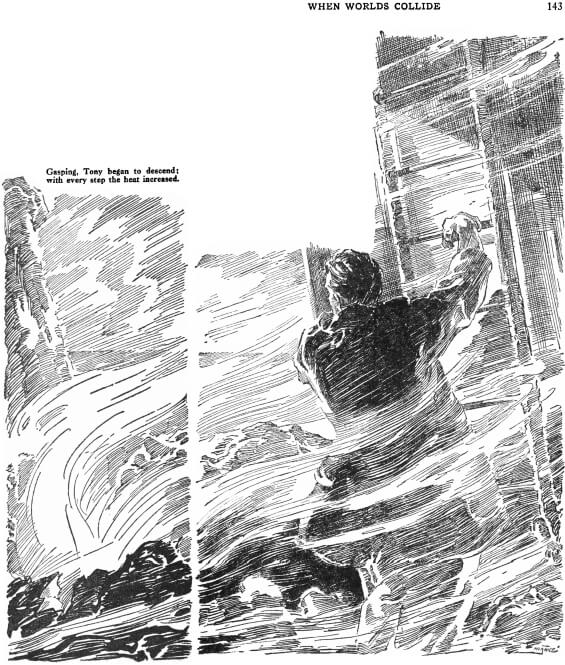
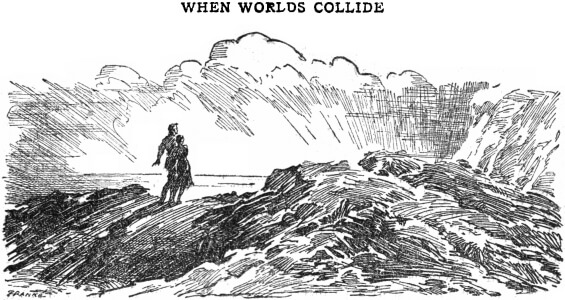
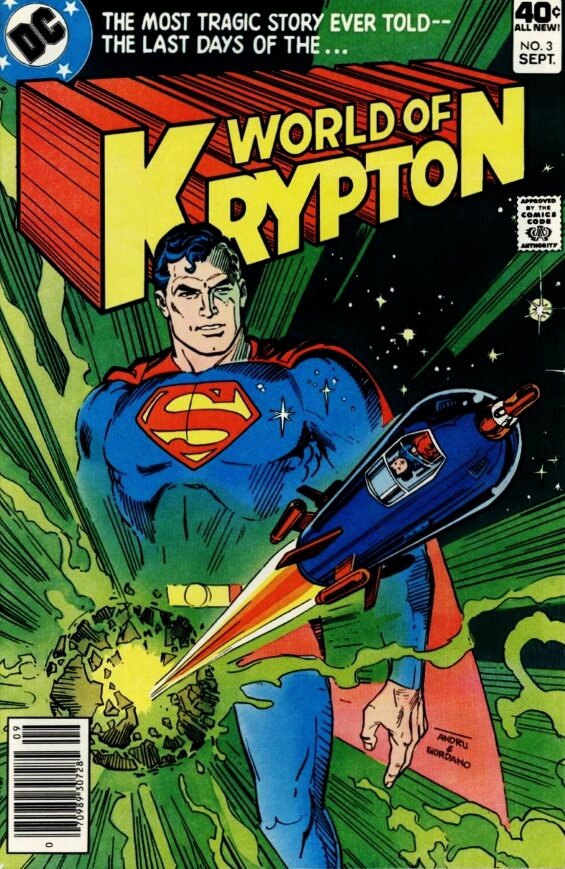
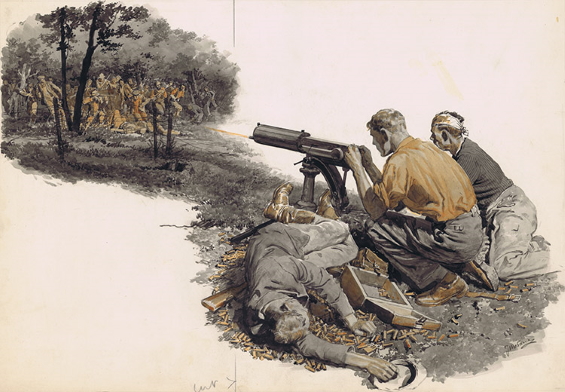
Posted by Jesse Willis

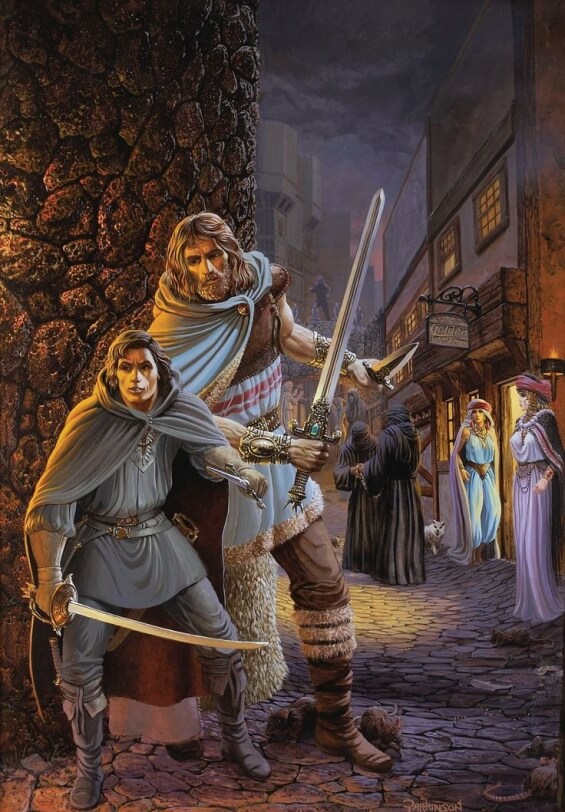
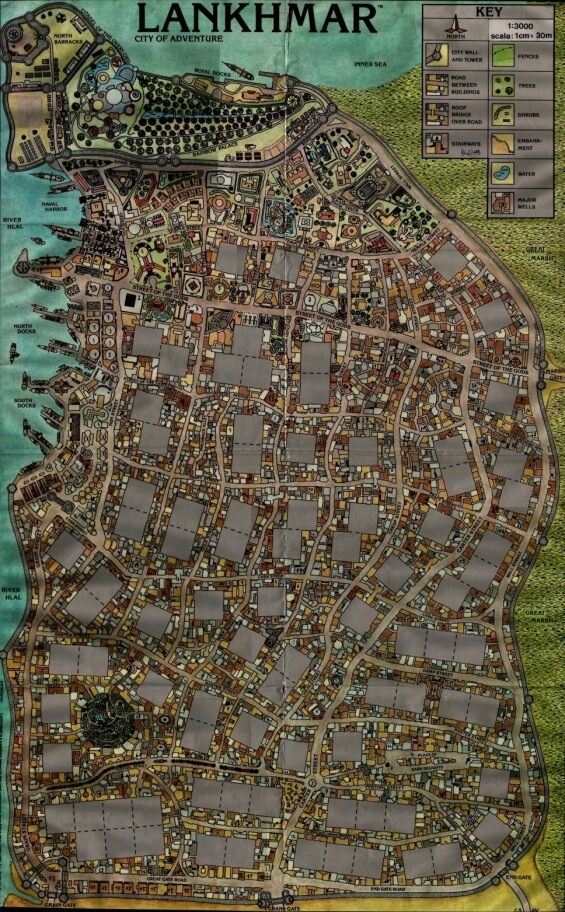
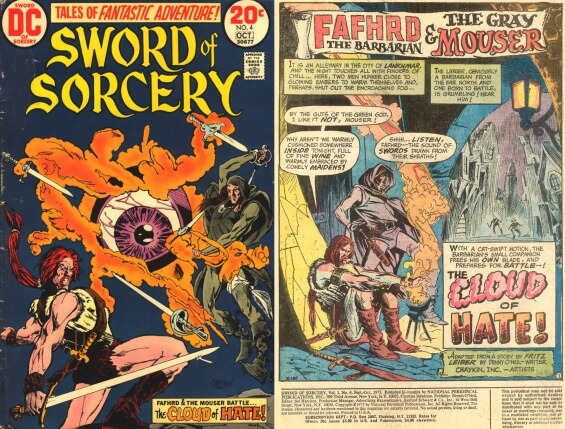
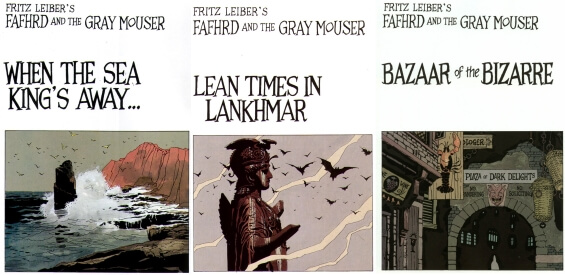
 Reading, Short And Deep #081
Reading, Short And Deep #081
